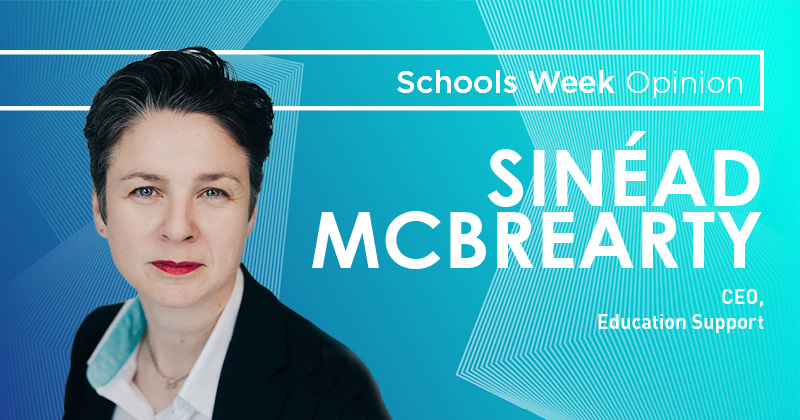Ofsted’s response to the ‘Big Listen’ is encouraging. Phase-specific inspection frameworks which will differentiate between early years, schools and colleges are a laudable intention and an essential step in the inspectorate’s reformation. But does this go far enough?
The current framework has undeniably delivered discriminatory inspection grade outcomes in infant and first schools with early years provision since it was introduced. The response to my two previous articles in these pages alone are evidence of widespread dissatisfaction among these schools and more broadly.
Put simply, the injustices and inequalities around the inspections of these schools relative to the secondary sector have been brushed under the carpet too long.
Over the past two years, 98 per cent of first schools that had been exempt from inspection because they had previously been judged ‘Outstanding’ and 80 per cent of infant schools lost their ‘Outstanding’ status.
And yet, according to government statistics the proportion of all previously exempt schools that have remained ‘Outstanding’ has actually increased over the past 12 months, from 20 per cent to 36 per cent.
A similar scenario is evident on routine section 5 and 8 inspections, with only six per cent of infant and first schools graded ‘Outstanding’ – by far the lowest proportion in all sectors.
This is in spite of the fact that standards are high and mainly rising across first and infant schools, with substantial proportions of pupils working ‘at greater depth’ in reading, writing and maths in the 2023 Key Stage 1 SATs.
Year 1 phonics screening results are equally impressive, with a significant number of these schools included in the top 5 per cent of primary schools.
The negative impact on hundreds of dedicated teachers and leaders in the downgraded schools cannot be ignored or underestimated. In practice, they were largely denied the opportunity to be the best they can be and to achieve the highest inspection grade.
Ofsted’s framework has effectively imposed a glass ceiling on their aspirations. This is an injustice which has caused widespread dissatisfaction and frustration and has been exacerbated by the absence of any acknowledgement or apology.
Ofsted’s framework has effectively imposed a glass ceiling on their aspirations
A further consequence is that many local authorities lost their beacons of excellence across the three-to-nine age range. The wider impact on best practice locally and nationally is incalculable.
In this context, Ofsted’s commitment to focus more closely on pupil outcomes is welcome, timely and has the potential to improve the current dismal trends. However, developing a differentiated framework and set of criteria from the starting point of a model that is unfit for purpose will be challenging.
The separation of ‘early years’ and ‘schools’ is a start, but it risks ignoring trends in the wider primary sector, where (THE) curriculum is as informed by knowledge of child development as it is by subject knowledge.
Year 1, for example, is an important transition from nursery and reception. The curriculum here builds on the richness of learning through first hand-experiences, with a mixture of adult-led sessions and child-initiated opportunities.
The development of pupils’ key skills, concepts, creativity and curiosity continues progressively and impacts incrementally on the curriculum through the infant and lower primary classes and beyond.
Increasingly, for example, the most effective primary schools are sustaining and integrating outdoor learning into their curricula as they extend the range of inspiring and meaningful contexts they offer.
This best practice should be recognised through appropriate criteria when the quality of provision is evaluated.The distinctive nature of the primary curriculum therefore needs to be factored into the new and revised framework to avoid iniquitous inspection outcomes in the future.
The case for differentiated phase criteria, whether that’s within a generic ‘schools’ framework or as separate primary and secondary frameworks, can no longer be denied.
Ofsted appears to be serious about change. Amid many who are rejoicing about that, first and infant schools – and primaries more broadly – will be hoping reforms bring equity to the inspectorate’s judgments.
For now, the intentions are laudable. But the jury is out.











